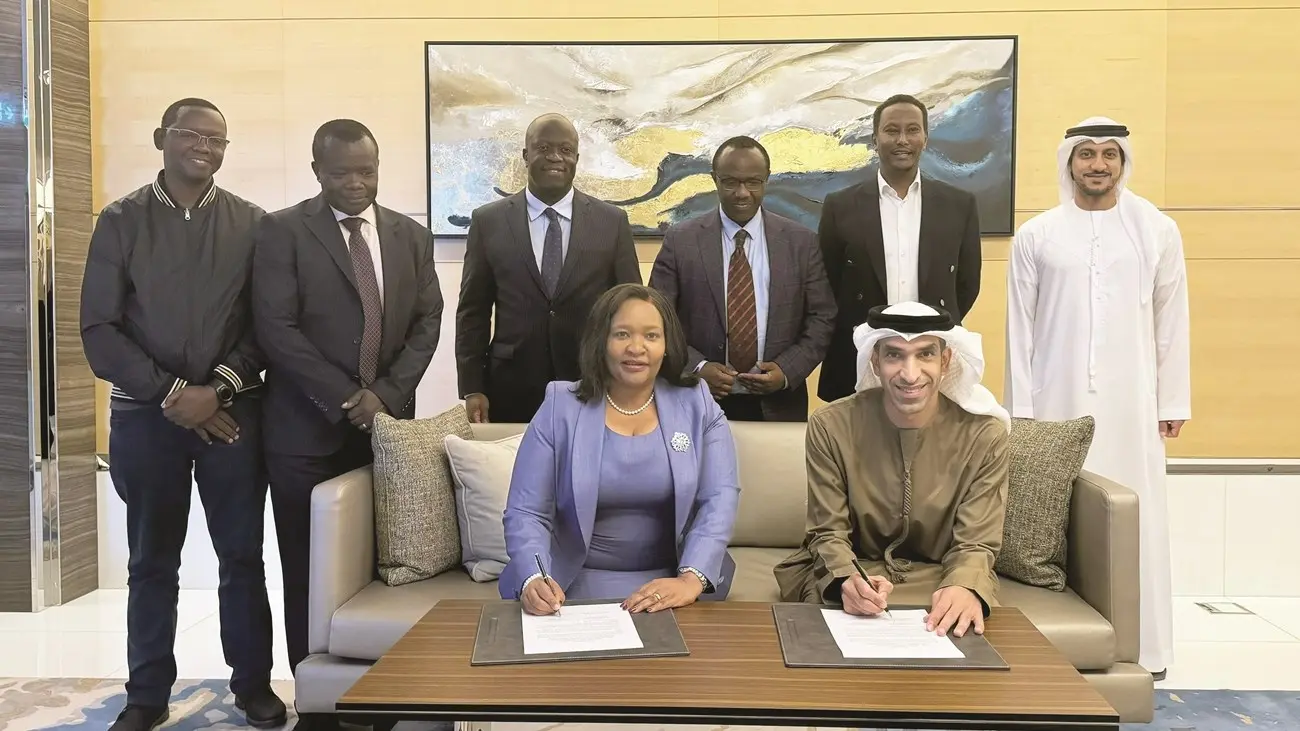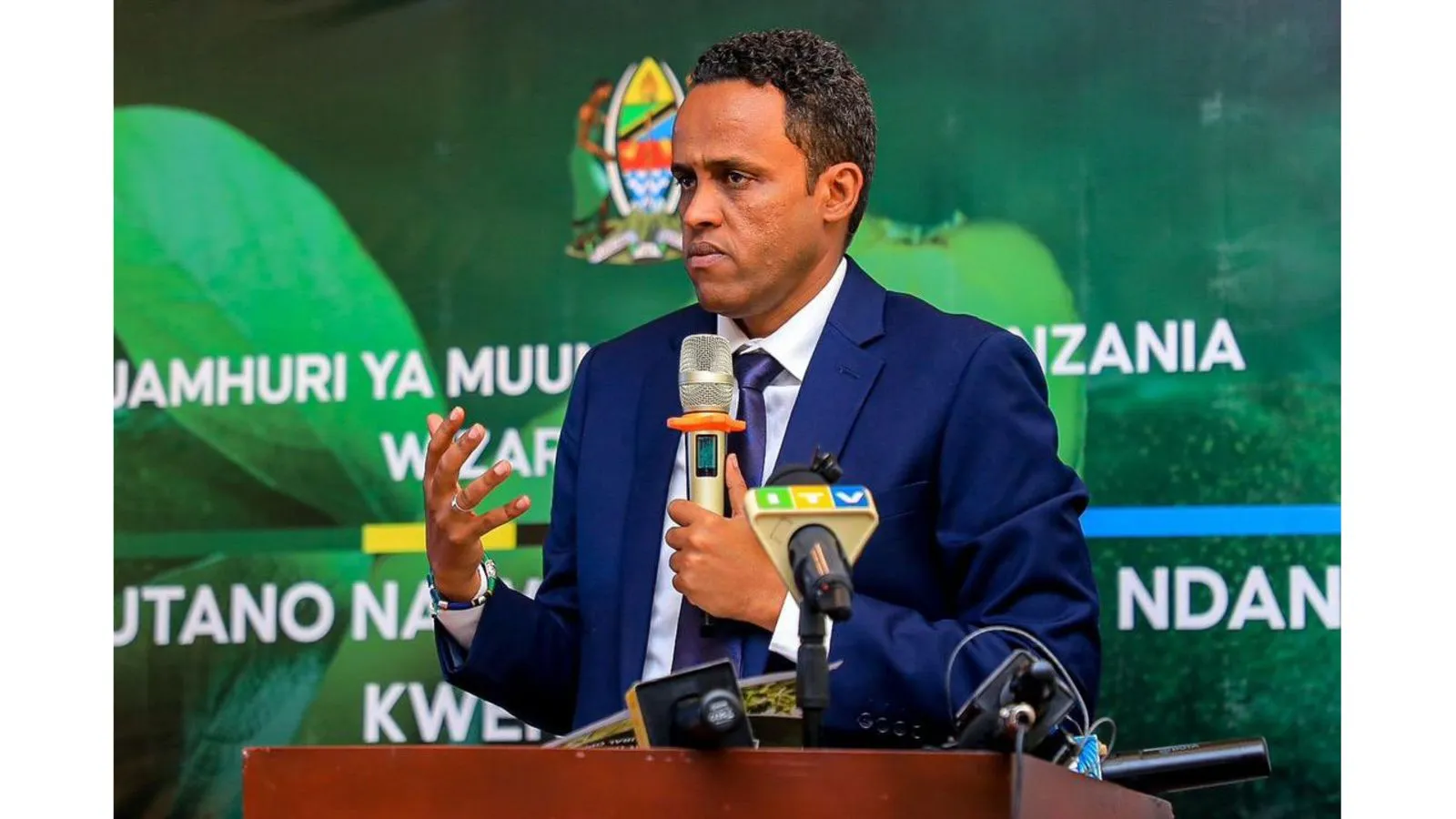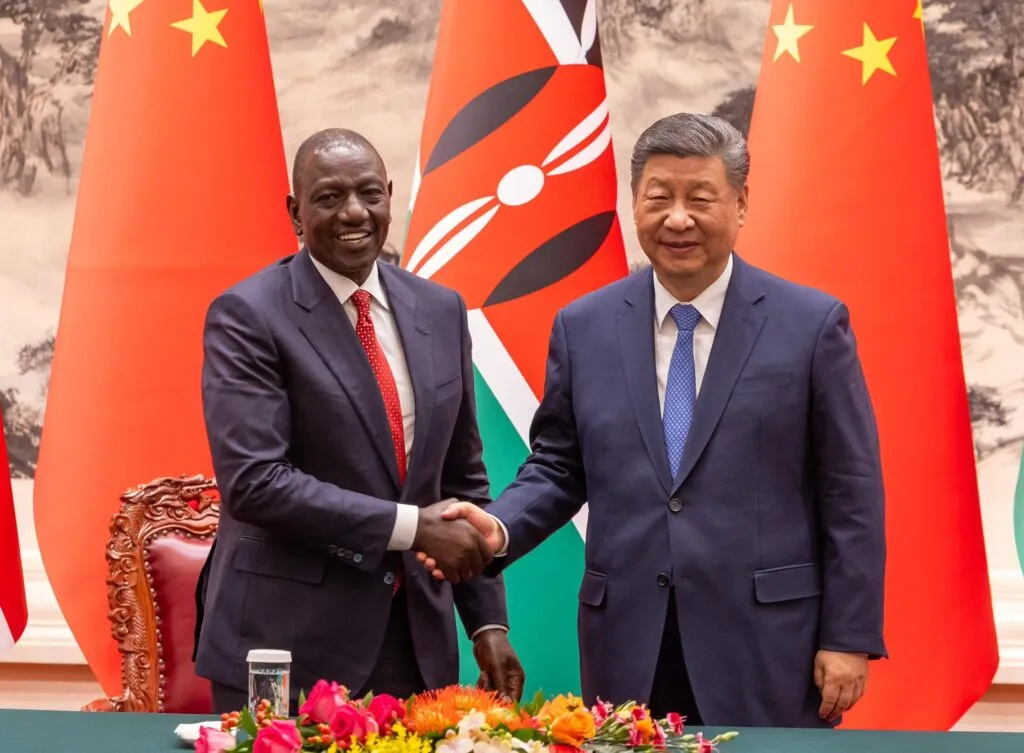The recent Isiolo, Marsabit, and Samburu County Investment Conference has highlighted the immense potential of the northern Kenya region, with infrastructure development seen as a key catalyst for economic growth. Traditionally marginalized, this region is poised for a transformation, with planned infrastructure projects expected to unlock the area’s economic potential, create jobs, and attract investment.
Northern Kenya, a region long overshadowed by its more developed southern counterparts, is finally stepping into the limelight as a vital component of Kenya’s broader economic agenda. The counties of Isiolo, Marsabit, and Samburu, historically labeled as underdeveloped, are now being recognized for their strategic significance. This recognition is largely due to the ambitious infrastructure projects currently underway, particularly the Lamu Port-South Sudan-Ethiopia Transport (LAPSSET) Corridor, which includes a road, railway, and a crude oil pipeline. Once completed, the LAPSSET project will not only ease the transportation of goods and services but also facilitate access to facilities such as game reserves, thereby boosting the region’s tourism potential.
The LAPSSET Corridor is a visionary project that stands as one of Kenya’s largest infrastructure initiatives. Envisioned as a major economic and transport corridor, LAPSSET aims to integrate Kenya’s economy with its neighbors in South Sudan and Ethiopia. The project includes the construction of highways, railways, airports, and a new port in Lamu. The development of these transportation networks is expected to enhance regional trade, reduce the cost of transportation, and promote economic activities in the northern region. Additionally, the project will link Kenya’s vast northern regions with the rest of the country, providing a much-needed boost to economic activities in these areas.
Moreover, the LAPSSET Corridor is not only significant for Kenya but also for the entire East African region. By providing an alternative trade route to the Indian Ocean, the corridor will reduce the dependency on the congested Port of Mombasa. This diversification of trade routes is expected to lead to a more resilient regional economy, capable of withstanding global economic shocks.
The Horn of Africa Gateway Development Project, another major infrastructure initiative, promises improved roads, energy infrastructure, and digital connectivity. These developments are set to open up new markets, facilitate trade, and enhance the overall quality of life for residents. Improved roads will reduce transportation costs and time, making it easier for farmers to get their produce to markets and for businesses to access raw materials and other inputs. Energy infrastructure, including the expansion of electricity grids and the development of renewable energy sources, will provide the power needed to drive industrial growth. Meanwhile, improved digital connectivity will enable businesses to tap into global markets, increase efficiency, and create new opportunities for innovation.
The significance of these projects cannot be overstated. Northern Kenya is rich in resources, including vast tracts of arable land, significant mineral deposits, and abundant wildlife. However, the region has long been held back by poor infrastructure, which has limited access to markets, discouraged investment, and contributed to high levels of poverty. The ongoing infrastructure projects have the potential to change this narrative, transforming northern Kenya into an economic powerhouse.
“The emerging LAPSSET project opportunity makes Marsabit County, particularly Moyale border, a strategic dry port hub for easy movement of goods,” noted H.E Solomon Gubo, Marsabit Deputy Governor. This strategic position will likely turn Marsabit into a key logistics hub, facilitating trade not only within Kenya but also with neighboring countries like Ethiopia. The establishment of a dry port in Moyale will further enhance the county’s attractiveness as a business destination, attracting both local and international investors.
As the government continues to prioritize infrastructure development in these counties, the multiplier effect is expected to be felt across various sectors, leading to a more inclusive and resilient economy. The increased accessibility and reduced transportation costs will make it easier for businesses in sectors such as agriculture, tourism, and trade to thrive. For instance, the agriculture sector, which is the backbone of the region’s economy, stands to benefit immensely from improved infrastructure. Farmers will be able to access markets more easily, reducing post-harvest losses and increasing their incomes. Additionally, the influx of investors and entrepreneurs is anticipated to accelerate the region’s economic growth trajectory and improve the livelihoods of its people.
The tourism sector is another area that is expected to benefit from these infrastructure projects. Northern Kenya is home to some of the country’s most stunning landscapes and wildlife reserves, including Samburu National Reserve, Marsabit National Park, and the Chalbi Desert. However, the lack of infrastructure has limited the potential of these attractions. With improved roads and better connectivity, more tourists are likely to visit the region, boosting local economies and creating jobs.
Speaking during the Isiolo, Marsabit, and Samburu County Investment Conference, Jennifer Maurer, Resilience Coordinator at USAID, stated, “This region (Isiolo, Marsabit, and Samburu) is poised for growth, and looking forward, the vision is clear. We see a thriving northern Kenya where everyone lives in dignity and has an opportunity for prosperity. USAID is pleased to be a partner in growth with our counterparts in the national government, county government, and private sector.” Her remarks underscore the importance of collaboration between different levels of government and development partners in driving the region’s economic growth.
USAID’s involvement in the region is part of a broader strategy to promote sustainable development in northern Kenya. Through initiatives like USAID Kuza, the organization is working to strengthen the region’s resilience to economic shocks, improve livelihoods, and promote inclusive growth. USAID Kuza’s focus on climate resilience is particularly important given the region’s vulnerability to climate change. Northern Kenya is prone to droughts, floods, and other extreme weather events, which can have devastating impacts on local communities. By promoting climate-smart agriculture, water resource management, and other sustainable practices, USAID Kuza is helping to build a more resilient northern Kenya.
During the conference, which was organized by USAID Kuza, discussions surrounding climate response were given top priority in light of the devastation that the recent rains have wreaked throughout Kenya. The heavy rains, which have caused widespread flooding and displacement, have underscored the need for urgent action to address climate change and its impacts. Stakeholders at the conference focused on determining which climate-related disasters, such as heavy rains or droughts that follow floods, need to be addressed first. They also looked at sustainable water resource management strategies to address issues with water scarcity and boost agricultural productivity.
Water scarcity is a major challenge in northern Kenya, where many communities rely on rain-fed agriculture and pastoralism. The region’s arid and semi-arid lands are highly vulnerable to drought, which can lead to food insecurity, loss of livelihoods, and conflict over resources. By investing in water infrastructure, such as dams, boreholes, and irrigation systems, the government and its partners can help to ensure a more reliable supply of water for agriculture, livestock, and domestic use. This, in turn, will support the region’s economic growth and improve the quality of life for its residents.
The ‘Unveiling Opportunities: Redefining Northern Kenya as an Investable Destination’ themed conference brought together nearly 400 stakeholders, including entrepreneurs, government leaders, and private sector players, to discuss opportunities for sustainable development in the counties of Isiolo, Marsabit, and Samburu. The conference highlighted the region’s untapped potential and the opportunities that exist for investors willing to take advantage of the ongoing infrastructure developments.
One of the key takeaways from the conference was the need for a coordinated approach to development in northern Kenya. This includes aligning infrastructure investments with broader economic goals, such as promoting inclusive growth, reducing poverty, and addressing climate change. It also involves strengthening partnerships between the public and private sectors, as well as with development partners like USAID. By working together, stakeholders can ensure that the benefits of infrastructure development are shared widely and contribute to the long-term prosperity of the region.
USAID Kuza plans to hold a joint investment conference targeting all 10 Frontier Counties Development Council (FCDC) counties later in the year. This conference will provide a platform for further discussions on how to harness the region’s potential and drive sustainable development. It will also offer an opportunity to showcase the progress made so far and attract additional investment to the region.
In conclusion, the ongoing infrastructure projects in northern Kenya represent a significant opportunity to drive economic growth, reduce poverty, and improve the quality of life for residents. However, realizing this potential will require a coordinated effort from all stakeholders, including the government, private sector, and development partners. By working together, they can transform northern Kenya into a vibrant economic hub and ensure that the benefits of development are shared by all.
photo source: Google
By: Montel Kamau
Serrari Financial Analyst
13th August, 2024
Article and News Disclaimer
The information provided on www.serrarigroup.com is for general informational purposes only. While we strive to keep the information up to date and accurate, we make no representations or warranties of any kind, express or implied, about the completeness, accuracy, reliability, suitability, or availability with respect to the website or the information, products, services, or related graphics contained on the website for any purpose. Any reliance you place on such information is therefore strictly at your own risk.
www.serrarigroup.com is not responsible for any errors or omissions, or for the results obtained from the use of this information. All information on the website is provided on an "as-is" basis, with no guarantee of completeness, accuracy, timeliness, or of the results obtained from the use of this information, and without warranty of any kind, express or implied, including but not limited to warranties of performance, merchantability, and fitness for a particular purpose.
In no event will www.serrarigroup.com be liable to you or anyone else for any decision made or action taken in reliance on the information provided on the website or for any consequential, special, or similar damages, even if advised of the possibility of such damages.
The articles, news, and information presented on www.serrarigroup.com reflect the opinions of the respective authors and contributors and do not necessarily represent the views of the website or its management. Any views or opinions expressed are solely those of the individual authors and do not represent the website's views or opinions as a whole.
The content on www.serrarigroup.com may include links to external websites, which are provided for convenience and informational purposes only. We have no control over the nature, content, and availability of those sites. The inclusion of any links does not necessarily imply a recommendation or endorsement of the views expressed within them.
Every effort is made to keep the website up and running smoothly. However, www.serrarigroup.com takes no responsibility for, and will not be liable for, the website being temporarily unavailable due to technical issues beyond our control.
Please note that laws, regulations, and information can change rapidly, and we advise you to conduct further research and seek professional advice when necessary.
By using www.serrarigroup.com, you agree to this disclaimer and its terms. If you do not agree with this disclaimer, please do not use the website.
www.serrarigroup.com, reserves the right to update, modify, or remove any part of this disclaimer without prior notice. It is your responsibility to review this disclaimer periodically for changes.
Serrari Group 2025





